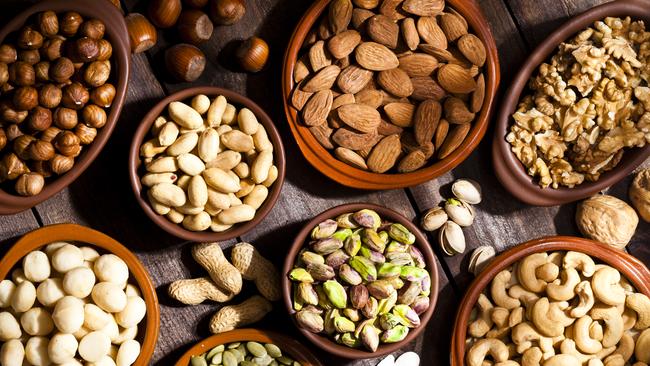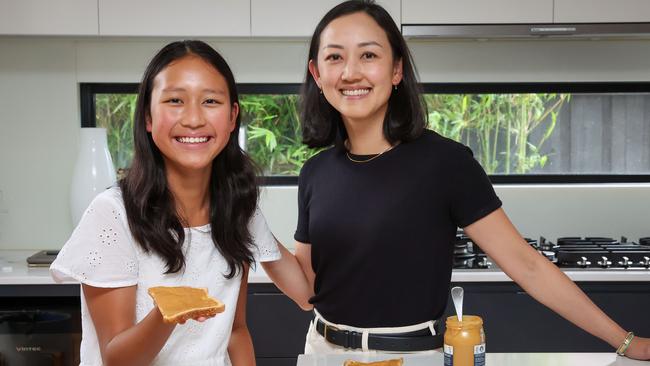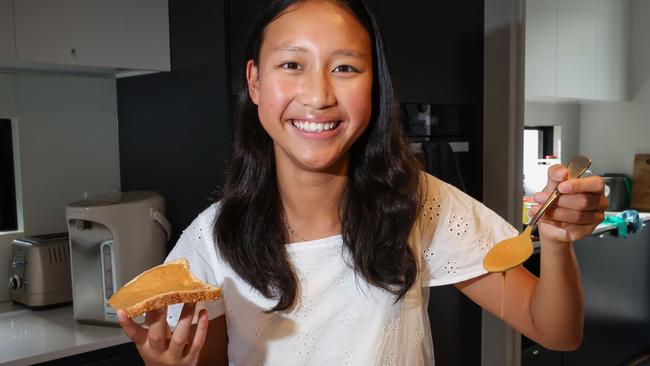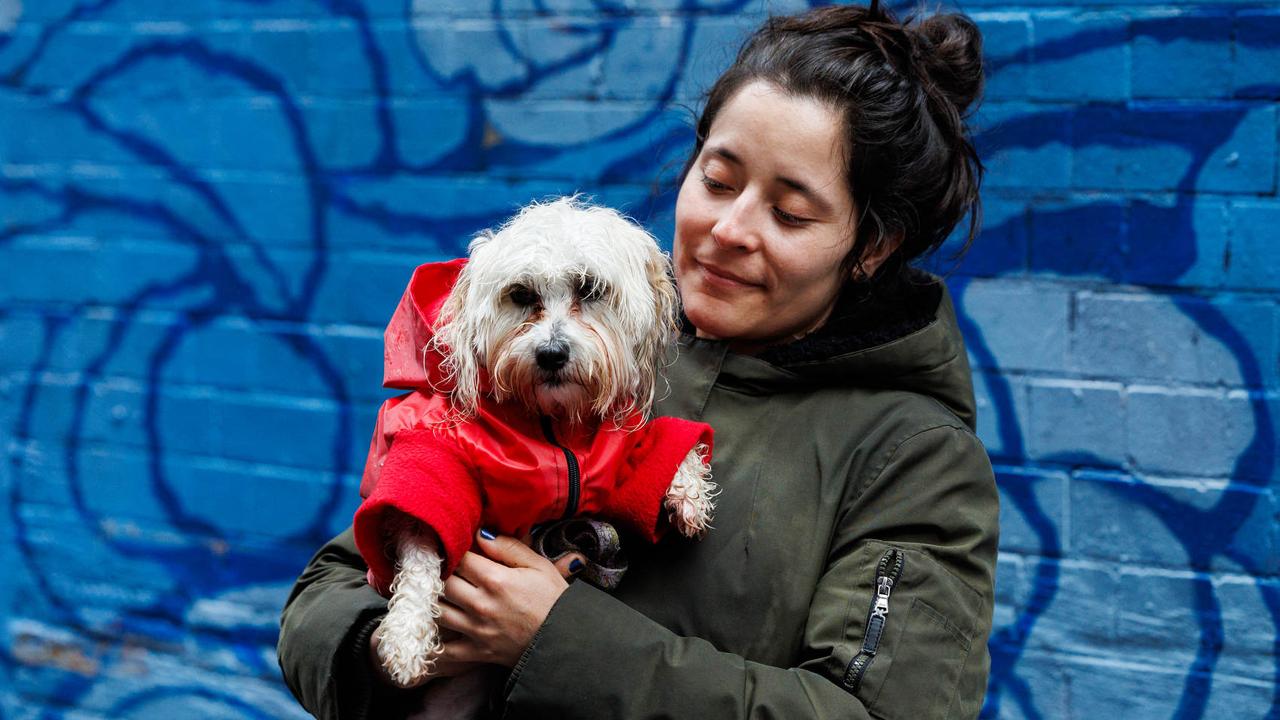Allergic Australia kids can eat peanuts after being given new treatment
A new Aussie treatment showing signs of curing peanut allergies in some children is one step closer to being available.

Health
Don't miss out on the headlines from Health. Followed categories will be added to My News.
A breakthrough new Aussie treatment is showing early signs of curing kids of their peanut allergies.
So promising is the drug, a Singapore investment company has committed $31 million to further develop it for the crucial Phase 3 clinical trial.
If successful, its makers, Prota Therapeutics, will then submit a US FDA investigational new drug application.

Early stage trials, conducted by the Murdoch Children’s Research Institute (MCRI), showed after 18 months half the children given the daily treatment — an escalating dose of a peanut protein called PRT120 — achieved remission of their peanut allergy and did not need further treatment.
A further 23 per cent achieved full desensitisation to peanuts, which means they’re protected against eating up to 20 peanuts but they had to keep using the treatment to maintain the protection.
The rest were protected from an allergic reaction if they ate the equivalent of 8 peanuts.
The treatment, developed by Murdoch Children’s research scientist Professor Mimi Tang, is the result of 15 years of research.
“By 18 months, the treatment program comprehensively rewired the allergic response, dismantling the allergy gene networks,” she said.
“When children achieve remission, they’re able to stop treatment, eat peanut freely and no longer avoid peanut in their diet,” she said.
“Most importantly, children with remission have significantly improved quality of life.”
The upcoming trial, due to start within 18 months, will involve hundreds of children in the US and Australia.

“It’s exciting because that’s usually the last stage of regulatory investigation that you need to do before you get approval,” Professor Tang said.
Financial backing from the taxpayer-funded BioMedical Translation Fund initiative helped scientists to set up Melbourne-based Prota Therapeutics to develop the treatment.
This week it received further financial backing from Singapore’s SPRIM Global Investments (SGI) to prepare for the Phase 3 clinical investigation of the oral therapy for peanut allergy.
At just 18 months of age, Ju Lee Ng’s daughter Stella broke out in hives after eating a meal containing traces of peanuts — and she was diagnosed with a peanut allergy.
However, after taking part in the Murdoch Children’s allergy trial, the 11 year old has been in clinical remission for almost four years and now eats peanuts regularly.

“Stella’s quality of life has improved considerably since the trial,” Ms Ng said.
“Her level of anxiety has reduced dramatically and she has the freedom to enjoy different types of food. Stella no longer has to always check food labels for peanuts and brief her
teachers or friends’ parents about her allergy. She can now dig in and enjoy a bag of peanut M & Ms,” she said.
Stella’s parents come from Malaysia, which made visits there tricky.
“Before she was in remission, travelling in Asia could be quite daunting, because there’s a lot of peanuts in the food over there,” Ms Ng said.
“It’s a remarkable breakthrough. And that’s why I’m very supportive of the team at MCRI.”





